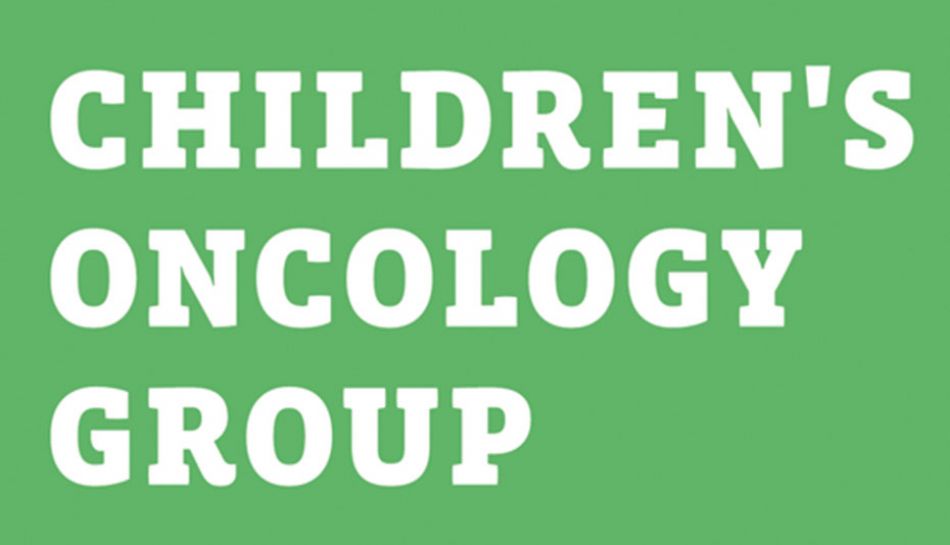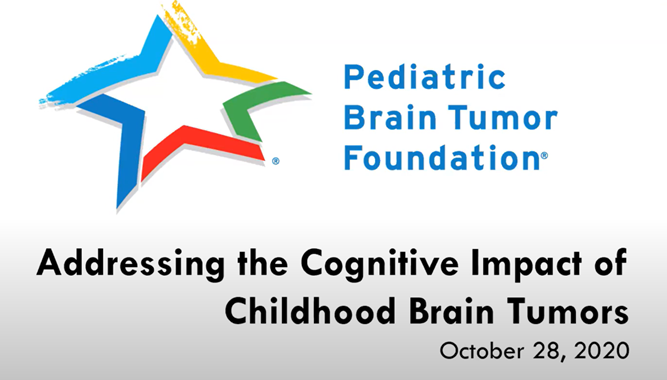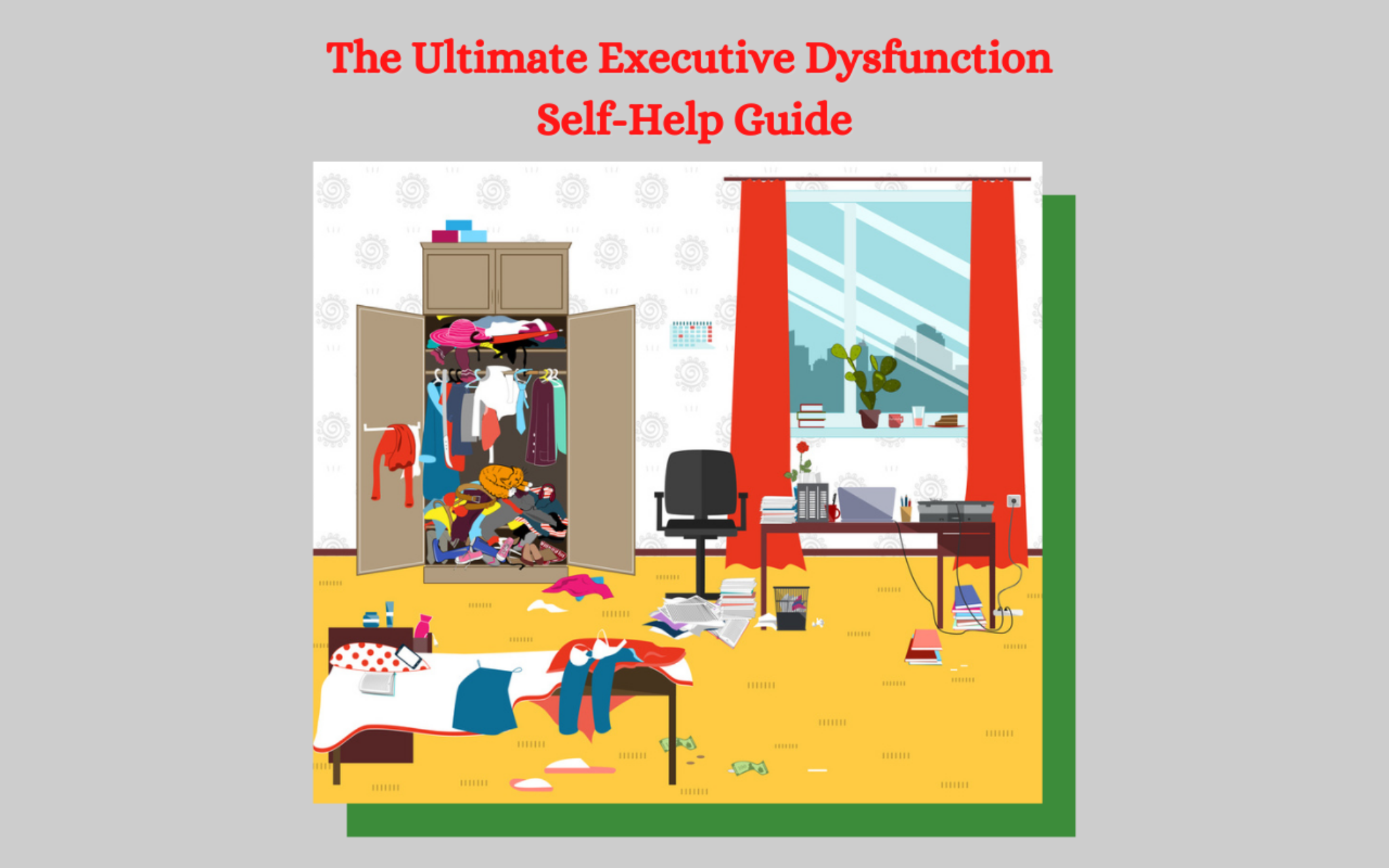
Understanding the Teen Brain
Understanding a healthy adolescent brain empowers survivors and their families to better tease out what is universal development during adolescence, and when survivor issues are

Understanding a healthy adolescent brain empowers survivors and their families to better tease out what is universal development during adolescence, and when survivor issues are

Pain is common during cancer treatment and usually after the treatment is finished, there is no more pain. Chronic pain lasts after the underlying illness

Many people have pain during cancer treatment…And for most people, the pain stops after treatment ends. But for some people the pain persists. For cancer

Survivors of childhood cancer are at higher risk of experiencing pain compared to their peers. Fatigue typically accompanies the pain. Females report more pain than

Cognitive development is important for any child, but it can be especially crucial if your child suffers from a behavioral or learning challenge. If you

This is a presentation about the cognitive impacts of pediatric brain tumors and what you can do to advocate for and assist your child.

Survivors may be at risk of cognitive decline throughout their lives. Practitioners should consider neurocognitive surveillance for all survivors despite a lack of neurocognitive impairments

Executive function and self-regulation skills provide critical support for learning and development. These skills have three fundamental dimensions: working memory, inhibitory control, and cognitive flexibility.

Many people need help with executive functioning skills such as managing time, staying organized, and completing tasks. It can be frustrating and overwhelming. However, there

Executive functions develop in the prefrontal cortex, a part of the brain that usually doesn’t completely mature until around 25 years old. Treatment can affect